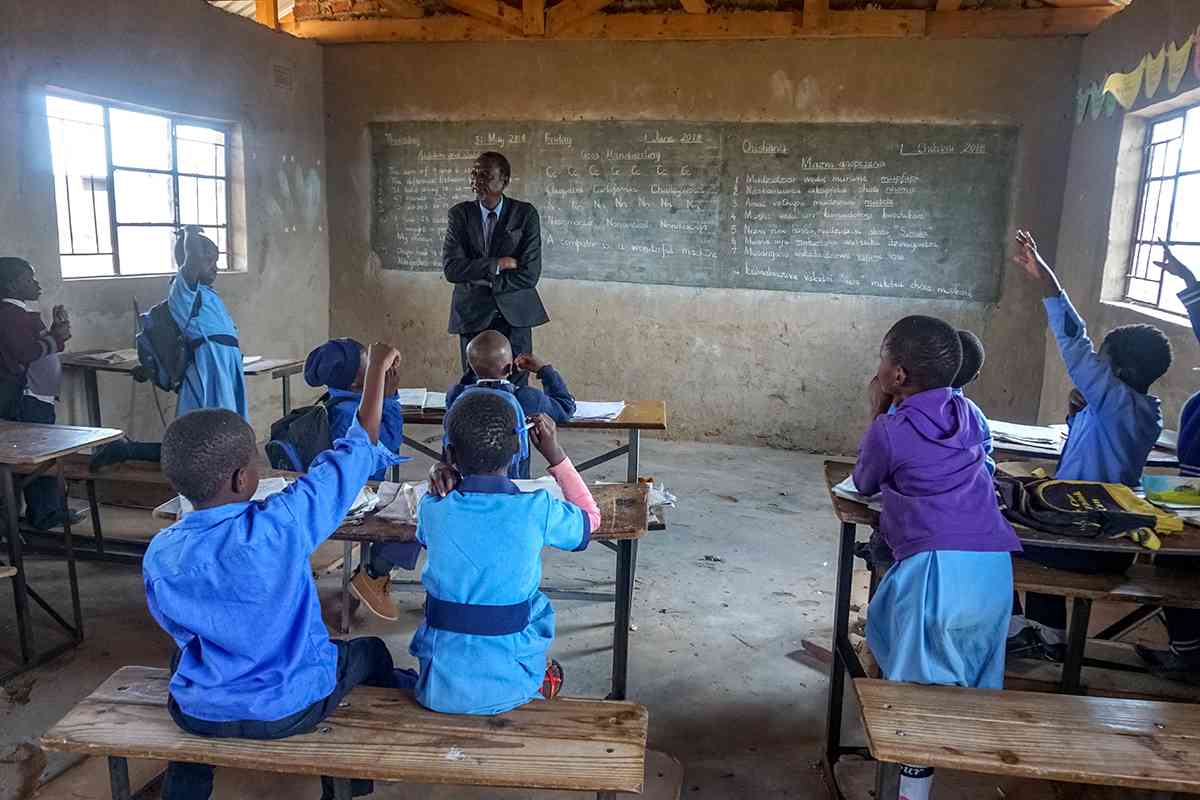
LIVING in Zimbabwe is exciting! We all know and love the one true identifying Zimbabwean culture of
“We’ll make a plan”, when goalposts and guidelines are moved randomly, spontaneously, and we have to move with them. When there are no jobs, we have to make a plan, be it selling a few sweets a day at the side of the road or starting a bigger business. Zimbabweans have learned to be creative and entrepreneurial without it being taught. They show initiative.
If we need any further evidence we just need to drive on our roads where many drivers will not wait in a queue or stick to the correct lanes but will create a new lane (intended for those coming in the other direction), will drive down the outside right lane to the front of the queue to go left, will go up on the pavement, ditch or path to avoid waiting, will overtake twenty cars on a blind rise expecting or demanding other drivers, who are waiting their turn to overtake, to let them in.
Such drivers only incur the wrath of other drivers, not least because nothing is done to stop them. And they will not stop as long as nothing is done about it.
Should we be praising such drivers? Not many will do so, yet, in one sense, are they not showing initiative? We want our children to learn to be entrepreneurs, to use their initiative, to be creative.
If initiative is good and wholesome, why are we complaining about their bad driving?
Furthermore, we all want first place, be it in a queue or in a race. We teach children at school to be first, be it in academics or sport, in a race or a test. We therefore encourage youngsters to make the first move, but when the timing is right.
And indeed, someone has to make the first move; someone has to make the running. In a long-distance race, athletes will be cagey, waiting to see if another makes a move and immediately trying to cover such a move.
- More woes for suspended Cottco boss
- News in depth: Zimbabweans choke under weight of worsening service delivery failures
- Former MDC MP in trouble for insulting police
- Antipas scoops monthly PSL awards
Keep Reading
Many will tuck in behind the leader (who is sometimes there reluctantly) and wait for the right opportunity to make the move.
We are encouraged, indeed required, now to develop initiative in our young people at school.
That is wholesome, encouraging and positive.
However, there is a problem!
We will never achieve that when there are strict controls and those strict controls are followed.
Just as there are rules of the road for drivers to follow, so there are rules in education, which is fair enough.
But when we are told we can do this and that (use our initiative) but also advised that we can only do that if numerous certain conditions are fulfilled (which is effectively saying “you can do what you like as long as you do what we say”) — there is no place or chance for initiative there.
If we are to develop initiative in our schools so that we develop it in our children, we need to do certain things.
We need to take politics out of education and not develop policies designed purely to win a vote. We need to give schools independence.
As we want schools to accept pupils of diverse abilities and backgrounds, so we need to allow schools to be diverse in what they offer.
We need to discard league tables which lump schools together. We need to redefine success.
We need to change our focus from victories to values, from results to respect, from programmes to principles.
We need to dismiss seniority that reeks of superiority. We need to inspire learning.
Eddie Rickenbacker, a famous World War 1 fighter pilot who survived death numerous times, once noted that “The four cornerstones of character on which the structure of this nation was built are:
Initiative, Imagination, Individuality and Independence.” Note how those all go together. William J.H. Boetcker also highlighted this when he said that “You cannot build character and courage by taking away a man's initiative and independence”.
Cesar Chavez, an American civil rights leader, noted that “Students must have initiative; they should not be mere imitators.
They must learn to think and act for themselves — and be free.” Initiative has
been defined as “the ability to assess and initiate things independently; the power or opportunity to act or take charge before others do”.
Look for a gap and go for it! Les Brown, a popular motivational speaker, said that “You don’t have to be great to get started, but you have to get started to be great”.
The bottom line, though, is this: children will not learn initiative if schools are not allowed to show their initiative.
Will we show initiative to allow them? Who will make the first move?











